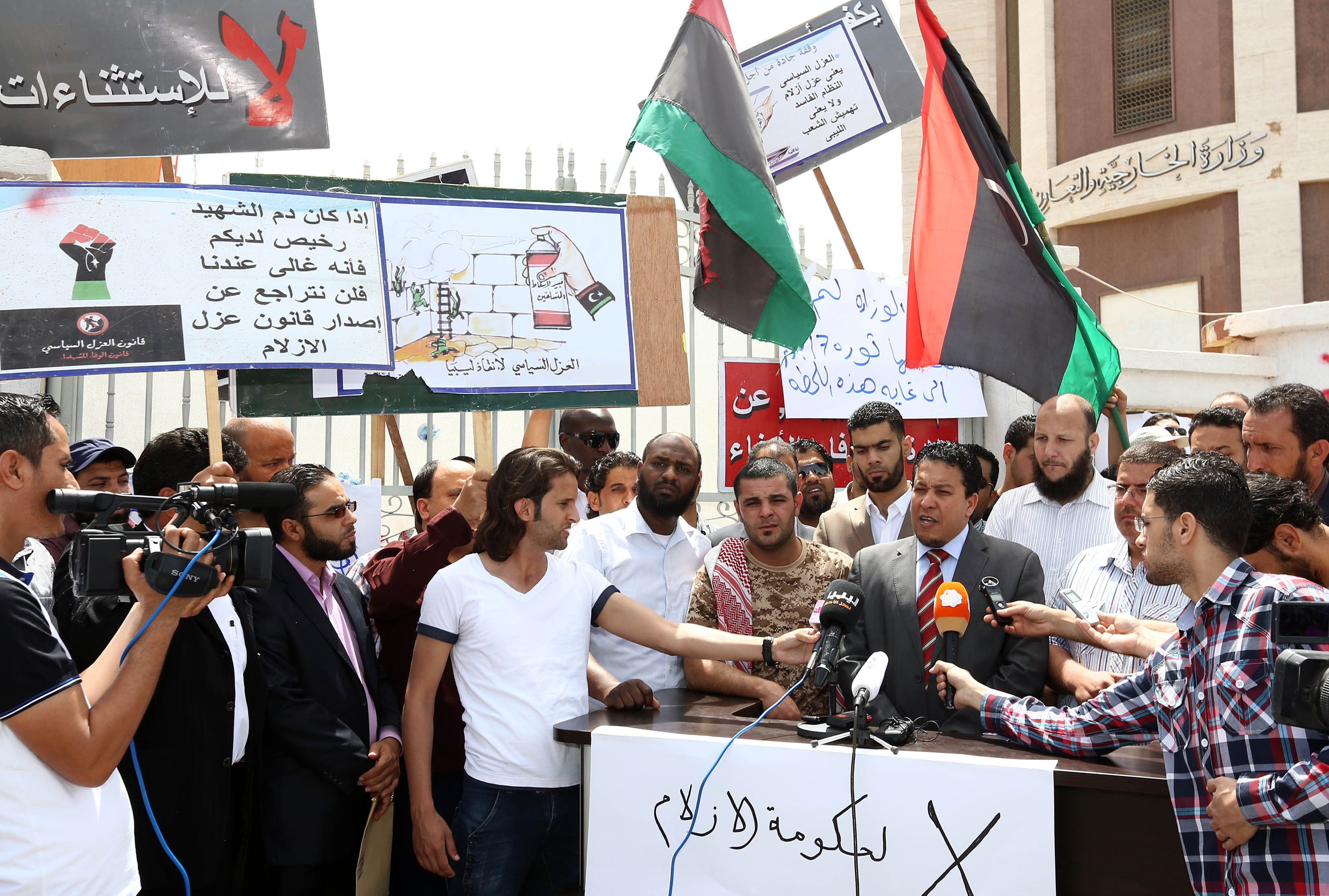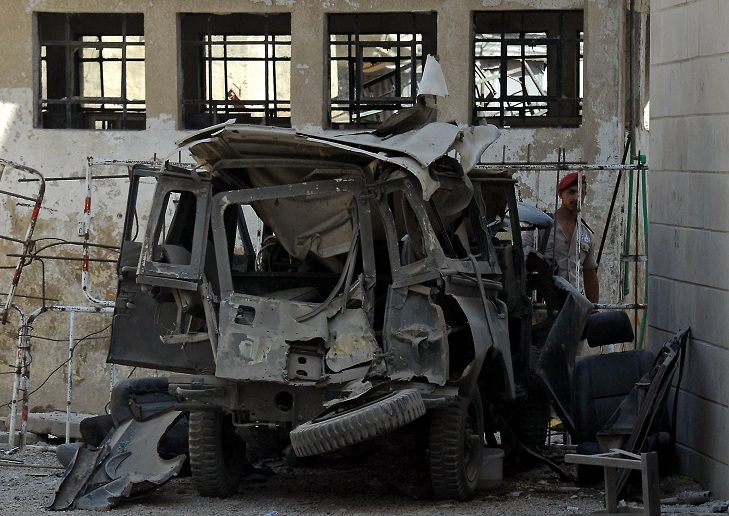ABU DHABI: US Secretary of State Hillary Clinton said here Monday that international sanctions have made it "much more difficult" for Iran to pursue its nuclear ambitions.
Kicking off a three-country Gulf tour, the chief US diplomat also accused Iran of opposing a negotiated Palestinian-Israeli settlement to distract attention from fears it is bent on becoming a nuclear-armed country.
"The most recent analysis is that the sanctions have been working," Clinton told university students in Abu Dhabi in a program to be broadcast on the Arab television channel, MBC.
"They have made it much more difficult for Iran to pursue its nuclear ambitions. Iran has technological problems that have made it slow down its timetable," the chief US diplomat said.
"So we do see some problems within Iran. But the real question is how do we convince Iran that pursuing nuclear weapons will not make it safer and stronger but just the opposite?" she said.
Clinton has in the past said sanctions have begun to hurt Iran economically, forcing it to return to negotiations, but she has not previously said Iran’s nuclear program has been affected.
Iran says its aims are peaceful, denying charges by Israel and the West that its uranium enrichment work masks a drive for nuclear weapons.
Clinton’s remarks echoed those made in Israel about Iran’s nuclear timetable slowing down.
As her plane landed here Sunday at the start of a Gulf tour, Clinton urged Arab states in the Gulf to stay focused on sanctions against Iran over its controversial nuclear program.
"We don’t want anyone to be misled by anyone’s intelligence analysis," Clinton told reporters.
"We expect all of our partners who share that concern (over Iran)… to stay as focused as they can and to do everything within reason that will help to implement these sanctions," she said.
In Jerusalem on December 29, Israel’s strategic affairs Minister Moshe Yalon said Iran’s nuclear program has been beset by difficulties, leaving Tehran still about three years away from being able to build nuclear weapons.
She raised anew concerns that a nuclear-armed Iran would fuel an arms race in the region.
Clinton also accused Iran of complicating efforts for Arab-Israeli peace.
"Let me just be very blunt here. There is very little doubt that Iran does not want to see any kind of negotiated peace between the Israelis and Palestinians for its own purposes," Clinton said.
"It wants to keep its attention off of what is the big concern for the future, which is a nuclear-armed Iran with weapons that threaten its neighbours and beyond," she said.
The United States accuses Iran of financial and military support for Hezbollah in Lebanon and the militant Hamas movement in the Gaza Strip.
She also defended President Barack Obama’s administration against charges from her interviewer it has failed to deliver on its promises to revive the Palestinian-Israeli peace process.
"The United States is committed to a two-state solution," she said, adding Washington sought a Palestinian state alongside a secure Israel.
"And we are pursuing that every single day," she said, adding the administration was trying to build trust between the two sides for them to take the risks needed for a settlement.
She revived US charges that the late Palestinian leader Yasser Arafat missed an opportunity for peace while her husband Bill Clinton was president in 2000.
She however praised the progress that the US-backed Palestinian Authority has made toward building the institutions needed for a state.
"Let’s make sure we don’t let this moment pass," Clinton said, referring to the Obama administration’s commitment to peace.
Clinton’s five-day tour will also take her to Dubai, Muscat and Doha.

